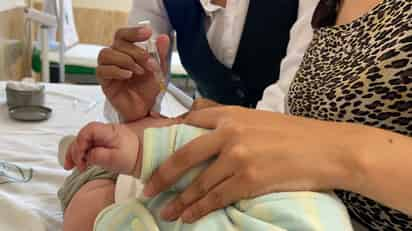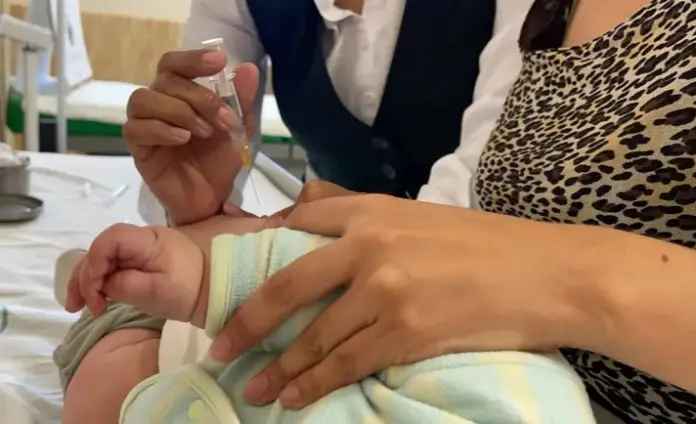The Mexican government reports two deaths of children under one year of age without a vaccination history in the state, with a fatality rate of 4.3; however, the Coahuila Ministry of Health, as of March 28, had reported four deaths, including three from San Pedro and one from Saltillo.
As of that date, the state also reported 179 suspected cases under investigation and 36 positive cases, of which 15 were recorded in Torreón, 13 in Saltillo, 4 in Monclova, and one case each in Acuña, Piedras Negras, Sabinas, and Francisco I. Madero.
On the other hand, the federal report indicates that in the neighboring state of Durango, there are a cumulative total of 25 probable cases and 8 confirmed cases, with an incidence of 0.37 cases per 100,000 inhabitants, with no deaths.
Nationally, the report shows 2,772 suspected cases under investigation and 749 confirmed cases, with an incidence of 0.56 and a fatality rate of 6.0, with 45 deaths from whooping cough.
According to the report, all cases correspond to children under one year of age without a vaccination history, 91% of whom were 6-month-old boys and girls. Regarding gender, 57.8% occurred in females.
Whooping cough is an acute respiratory illness caused by Bordetella pertussis, a highly contagious and nonseasonal bacterium that primarily affects unimmunized children under one year of age.
It is transmitted through contact with respiratory secretions. The incubation period is 6 to 20 days, and sometimes up to eight weeks.
Its clinical course is divided into three phases:
Catarrhal, with mild symptoms such as runny nose, sneezing, and low-grade fever; it is the most contagious phase.
Paroxysmal coughing attacks, intense at night, with cyanosis, vomiting, and a characteristic inspiratory stridor; generally without fever.
Finally, convalescence occurs with a residual cough that gradually decreases; the patient is no longer contagious.
In a suspected case, the health sector must perform a nasopharyngeal swab, which must be placed in a sterile tube for culture and PCR. The sample must be sent to a certified laboratory within 48 hours, in accordance with the specifications of the Guidelines for Laboratory Surveillance of Pertussis.
To prevent this disease, the population is advised to check their National Health Card to determine if they have received all the vaccinations appropriate for their age, wash their hands frequently, and follow age-appropriate hygiene and dietary measures, with emphasis on newborns and infants. They are also advised to keep newborns away from anyone with a cough or cold symptoms.

Source: elsiglodetorreon




